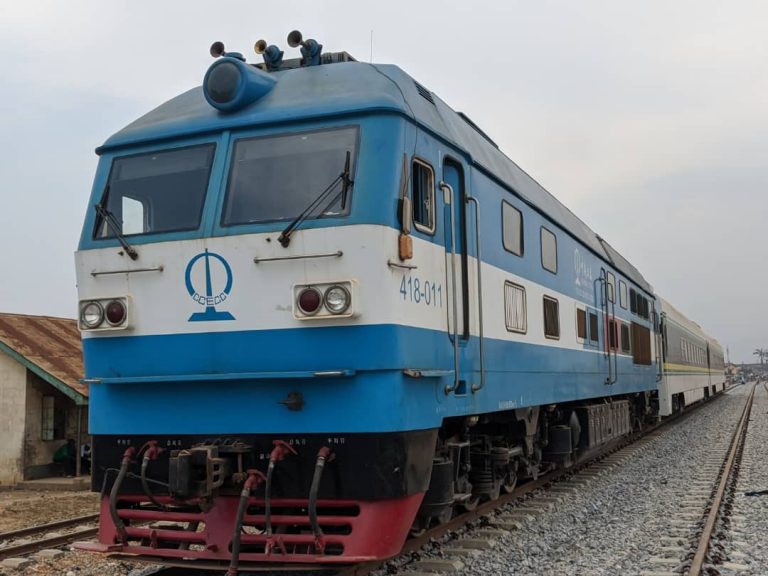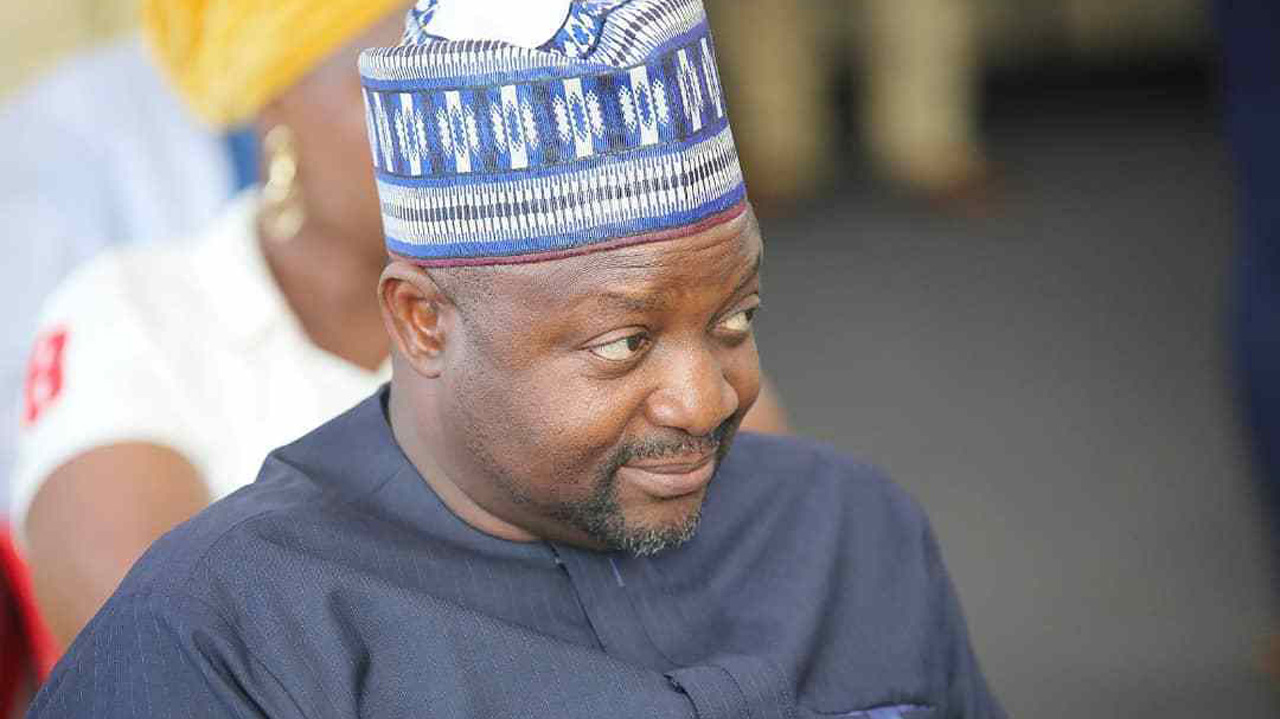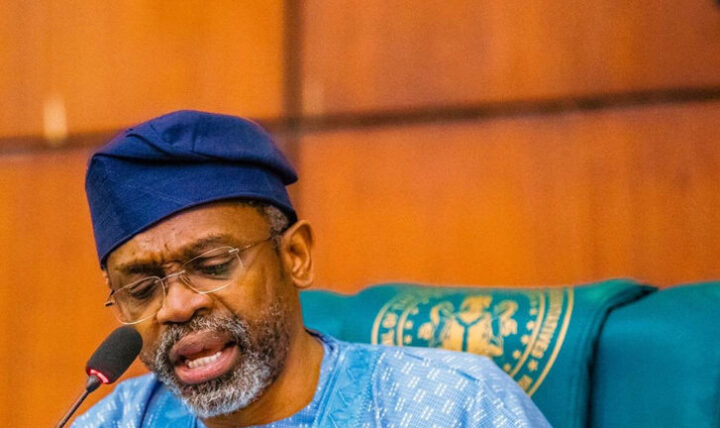President Muhammadu Buhari has signed the N10.59 trillion 2020 appropriation bill into law.
The president signed the budget document into law on Tuesday in the presence of Vice President Yemi Osinbajo, Ahmad Lawan, the senate president, Femi Gbajabiamila, speaker of the house of representatives, amongst other principal officers.
It is my pleasant duty, today, on my 77th birthday, to sign the 2020 Appropriation Bill into law. I’m pleased that the National Assembly has expeditiously passed this Bill. Our Federal Budget is now restored to a January-December implementation cycle.
— Muhammadu Buhari (@MBuhari) December 17, 2019
Advertisement
The budget was increased by N260 billion from N10.33 trillion as contained in the proposal submitted by Buhari on October 8.
This is the fastest time since Nigeria returned to democracy in 1999 that the budget would submitted, passed and signed before the budget year commences.
Advertisement
Recurrent expenditure took the lion’s share of N4.84 trillion while capital expenditure and statutory transfers got N2.46 trillion and N560.47 billion respectively.
Nigeria’s debt — which currently stands at N25.7 trillion — will be serviced by N2.72 trillion during the year.
The sum of N1.5 billion was allocated for “federal government intervention in Zamfara, Katsina and Borno” while N20 billion was earmarked for “special intervention fund” and another N25 billion for the Nigerian navy’s “Falcon Eye” project aimed at tackling piracy and other criminal activities in waterways.
Some of the key highlights of the budget are N46 billion for presidency; N110 billion for National Judicial Council; N111.7 billion for Universal Basic Education; N128 billion for national assembly; N40 billion for the Independent National Electoral Commission (INEC); N38 billion for North East Development Commission; and N80 billion for Niger Delta Development Commission.
Advertisement
Also, N75 billion was allocated for the fight against Boko Haram and other operations of the armed forces; N65 billion for amnesty programme; N350 billion (recurrent) earmarked for special intervention programme; N20 billion for contributions to international organisations; and N22.7 billion for immunisation.
With the budget signing, Nigeria is now on the January-December budget cycle.
Add a comment







